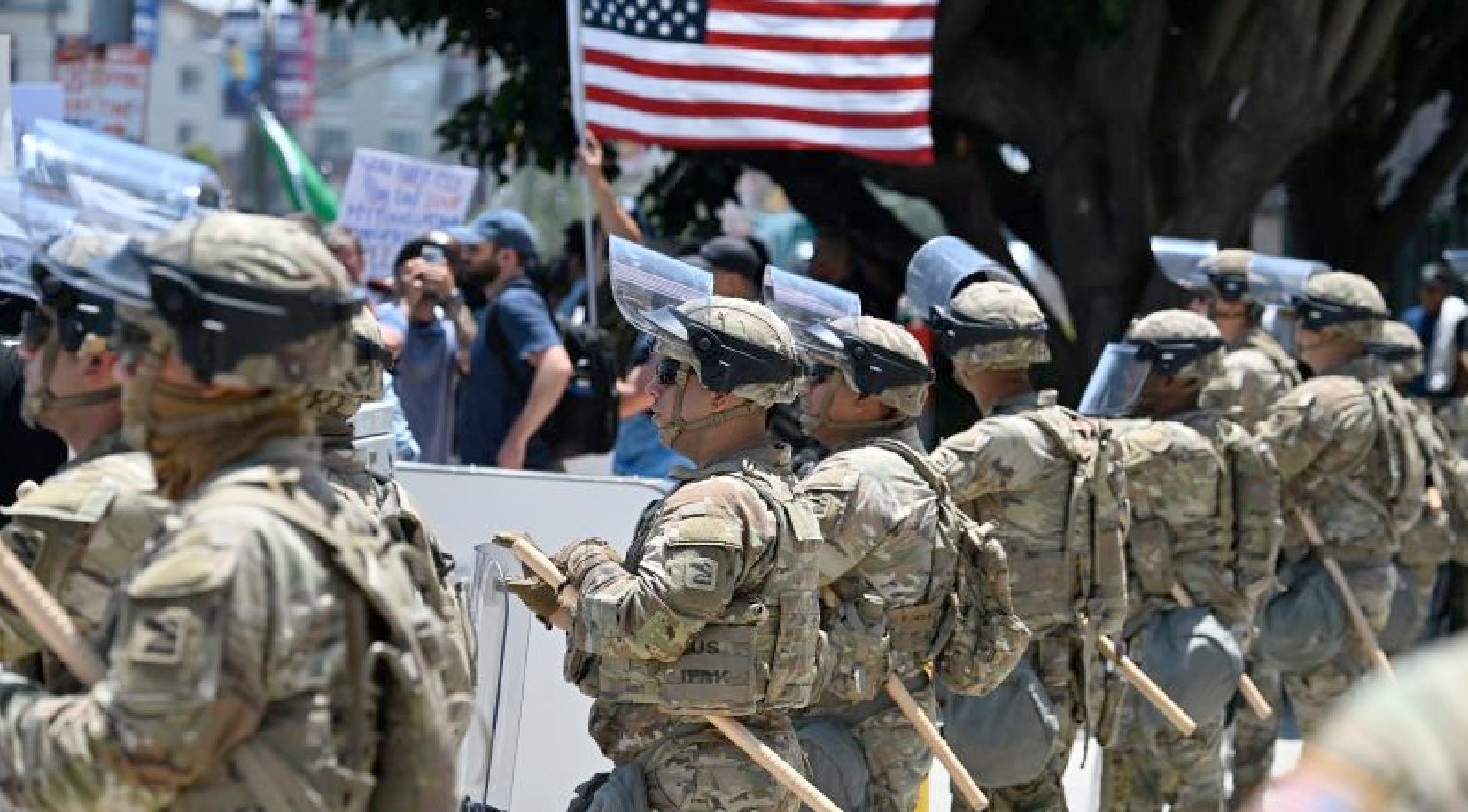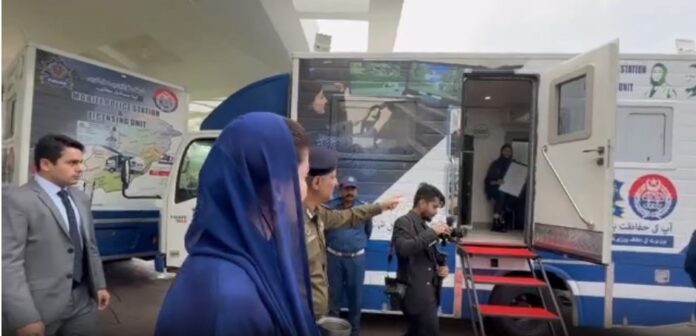Copyright zenit

(ZENIT News / Washington, 10.21.2025).- A quiet but consequential bureaucratic decision has ignited a storm of protest within the U.S. military’s Catholic community. Archbishop Timothy Broglio, who leads the Archdiocese for the Military Services, has denounced the Army’s recent cancellation of all religious support contracts—an administrative move that, he warns, places an “insurmountable burden” on Catholic chaplains and severely restricts the free exercise of religion for Catholic service members. The policy, which went into effect on October 5, 2025, was not linked to the ongoing government shutdown. Rather, it stems from a directive issued months earlier by the U.S. Army Installation Management Command ordering the termination of all chapel contracts for Religious Education Coordinators (CREs), Catholic Pastoral Life Coordinators (CPLCs), and chapel musicians across the Army. The abrupt end of these contracts has left chapel offices dark, choirs silent, and entire faith formation programs without leadership. In a pastoral letter addressed both to his archdiocese and to members of Congress, Broglio said the move “disproportionately harms Catholics,” whose pastoral and sacramental needs require a level of formation and organization that only trained personnel can provide. “Canceling these contracts does not simply reduce costs—it disrupts the lifeblood of Catholic worship and community within the military,” the archbishop wrote. “This decision overloads already overstretched priests, undermines chapel communities, and infringes on the constitutional right to the free exercise of religion.” For decades, civilian contractors—educators, pastoral coordinators, and musicians—have been essential to the daily operation of military chapels. They assist chaplains in organizing catechetical programs, preparing sacraments, and maintaining religious education for service members and their families. Without them, chaplains are left to shoulder nearly all administrative and educational responsibilities on top of their liturgical duties. The impact is especially acute for Catholics, who are both numerous and under-served. Roughly one in five soldiers identifies as Catholic, but Catholics make up less than six percent of the Army Chaplain Corps. According to Broglio, only 137 Catholic chaplains serve across all active and reserve components—out of more than 2,500 total chaplains. “A single Catholic priest often ministers to six times as many service members as his Protestant counterparts,” he noted. That imbalance, he argues, is not merely a matter of statistics. Catholic practice requires sustained catechesis, sacramental preparation, and community involvement that cannot simply be improvised. “When the Church is deprived of trained lay support, its mission to teach, sanctify, and serve becomes humanly impossible to fulfill,” Broglio said. The archbishop also referenced a RAND Corporation report highlighting structural disparities within military chaplaincy: approximately six Protestant chaplains serve every 1,000 Protestant soldiers, while Catholics must rely on one chaplain for every 1,000 Catholic service members. This numerical disadvantage is compounded by the operational demands placed on Catholic clergy, many of whom are assigned to combat units or rotational deployments that leave little time for chapel administration. Broglio’s concern goes beyond logistics. He frames the decision as a violation of conscience and constitutional rights. “While the Army’s cancellation may appear to be a neutral administrative act,” he wrote, “its effects are far from neutral. It strikes at the ability of Catholic soldiers to live their faith fully and freely.” The archbishop confirmed that he has met with senior Army leaders—including the Secretary of the Army and the Chief of Chaplains—to urge reconsideration of the policy. He also pledged to explore “all legal avenues” to challenge the decision and to defend the pastoral rights of Catholic service members. For now, however, the situation remains unresolved. Across bases in the United States and abroad, Catholic communities are adjusting to a new reality: Masses without music, catechism classes suspended, and chaplains struggling to meet spiritual and administrative demands alone. Still, Broglio has encouraged Catholics within the military to remain steadfast. “Continue to worship in your chapels,” he urged. “Offer your gifts and talents for the building up of the Church, especially in sacramental preparation and religious education.” The archbishop’s words hint at a deeper tension between efficiency and faith within America’s armed forces. As the Army seeks to streamline operations, believers on the ground are left wondering whether spiritual life has become an expendable line item in a defense budget. Thank you for reading our content. If you would like to receive ZENIT’s daily e-mail news, you can subscribe for free through this link.



